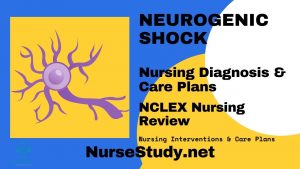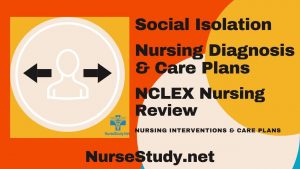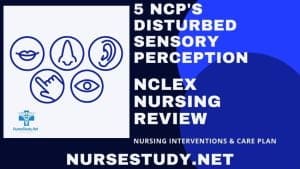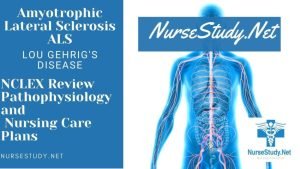Neurogenic Shock Nursing Diagnosis & Care Plan
Neurogenic shock is a condition of the body that causes irregular blood circulation due to damage to the nervous system after an injury to the spinal cord. Spinal cord injury may stop the blood vessels to constrict. When the blood vessel constricts slowing of the blood flow may happen. Neurogenic shock usually lasts 1 to … Read more





